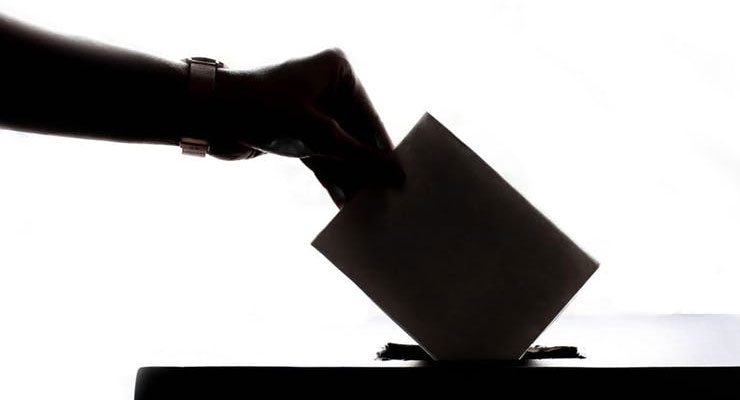 There is a certain degree of polarization concerning whether people should be incentivized to vote or they should be compelled to do so. A new perspective argues for paying people to vote. This article published by the Atlantic is written by Jonathan S. Gould and Nicholas Stephanopoulos. It discusses how fiscal carrots can be used to promote democracy. Here is an excerpt:
There is a certain degree of polarization concerning whether people should be incentivized to vote or they should be compelled to do so. A new perspective argues for paying people to vote. This article published by the Atlantic is written by Jonathan S. Gould and Nicholas Stephanopoulos. It discusses how fiscal carrots can be used to promote democracy. Here is an excerpt:
Democracy in America is under attack. Red states are churning out laws that make it harder to vote and easier for partisans to subvert elections. A round of ruthless gerrymandering is set to begin later this year. The influence of money in politics is greater than ever. A pair of congressional bills—the For the People Act and the John Lewis Voting Rights Advancement Act—would tackle these challenges head-on, but they are stuck as long as the filibuster remains in place. And the filibuster doesn’t seem to be going anywhere.
Fortunately, a (partial) work-around exists that would allow democracy advocates to enact (some of) their agenda. This work-around is the same vehicle that’s being used to pass almost every other Democratic legislative priority: budget reconciliation. (Reconciliation is a special legislative process that fast-tracks certain types of bills—most notably by exempting them from the 60-vote threshold ordinarily needed to overcome a Senate filibuster.) The Democrats are already making use of reconciliation to address infrastructure, health care, education, climate change, and immigration. Election reform belongs on this list too.
It’s true that many needed election reforms—including the stuck democracy bills—are ineligible for reconciliation. Those approaches mostly rely on command-and-control regulation. They require states to adopt certain policies, such as automatic voter registration and mail-in voting, and forbid states from doing other things, such as gerrymandering and disenfranchising formerly incarcerated people. These mandates and bans aren’t allowed under reconciliation.
Read the full article here.
Leave a Reply